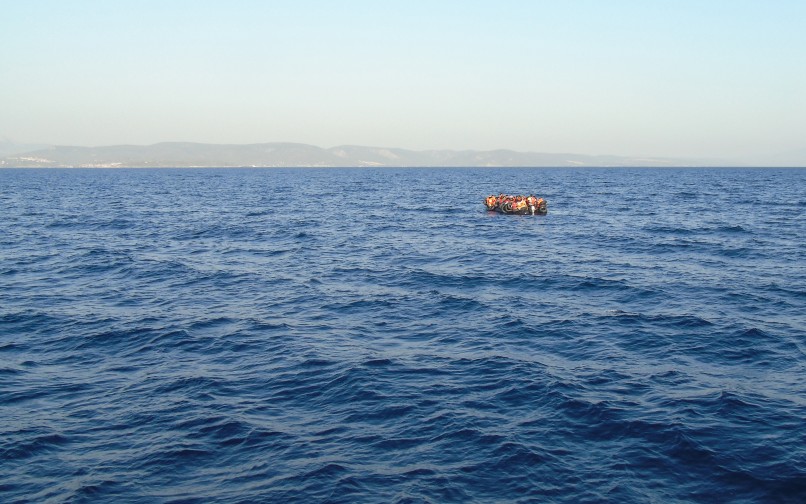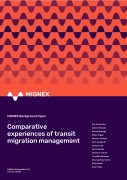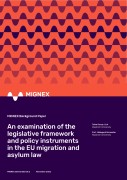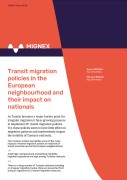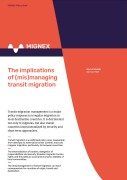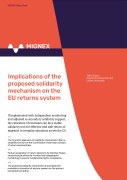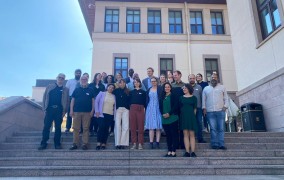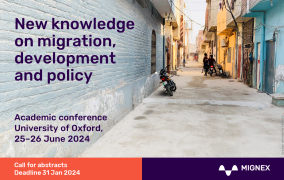Work package
WP8: Components
Our Components work package examines two specific aspects of migration management: policy approaches to transit migration and the links between legislation and new policy tools.
Policy approaches to transit migration
Transit migration refers to the movement of people through countries that are not their intended or final destinations. Because of obstacles to migration, migrants sometimes remain in transit for months or years, and countries of transit become de-facto countries of destination. Our analyses consider transit through countries both in the European neighbourhood (e.g. Turkey and Tunisia) and in more distant regions of origin (e.g. Ethiopia and Pakistan). Work Package 8 comprises three analytical tasks related to transit migration:
- Collection and analysis of secondary data and research on transit migration
- Compilation and analysis of transit-relevant data generated by the project
- Comparison and assessment of approaches to managing transit migration
Legislation and migration policy tools
We examine developments in migration management from a legal and regulatory perspective with a view to assessing policy coherence and effects. This analysis draws primarily on European policy documents and expert interviews.
The legal and regulatory regime shapes migration flows to a great extent: visa controls affect possible avenues for travel; well-thought out policies can boost attractiveness of study and work destinations with a skills deficit; and relocation instruments can shift responsibilities for asylum seekers between member states based on relative reception capacity. However, recently there has been a shift at European level towards using ‘soft’ instruments that are not legally binding; ad-hoc forms of cooperation have been developed with non-EU countries. This raises questions of coherence and policy impact. Work Package 8 comprises three analytical tasks related to legislation:
- Compilation of legislation and instruments relating to new policy tools
- Assessment of coherence between the legal framework and policy instruments
- Assessment of the legislative and policy framework in the light of development principles
